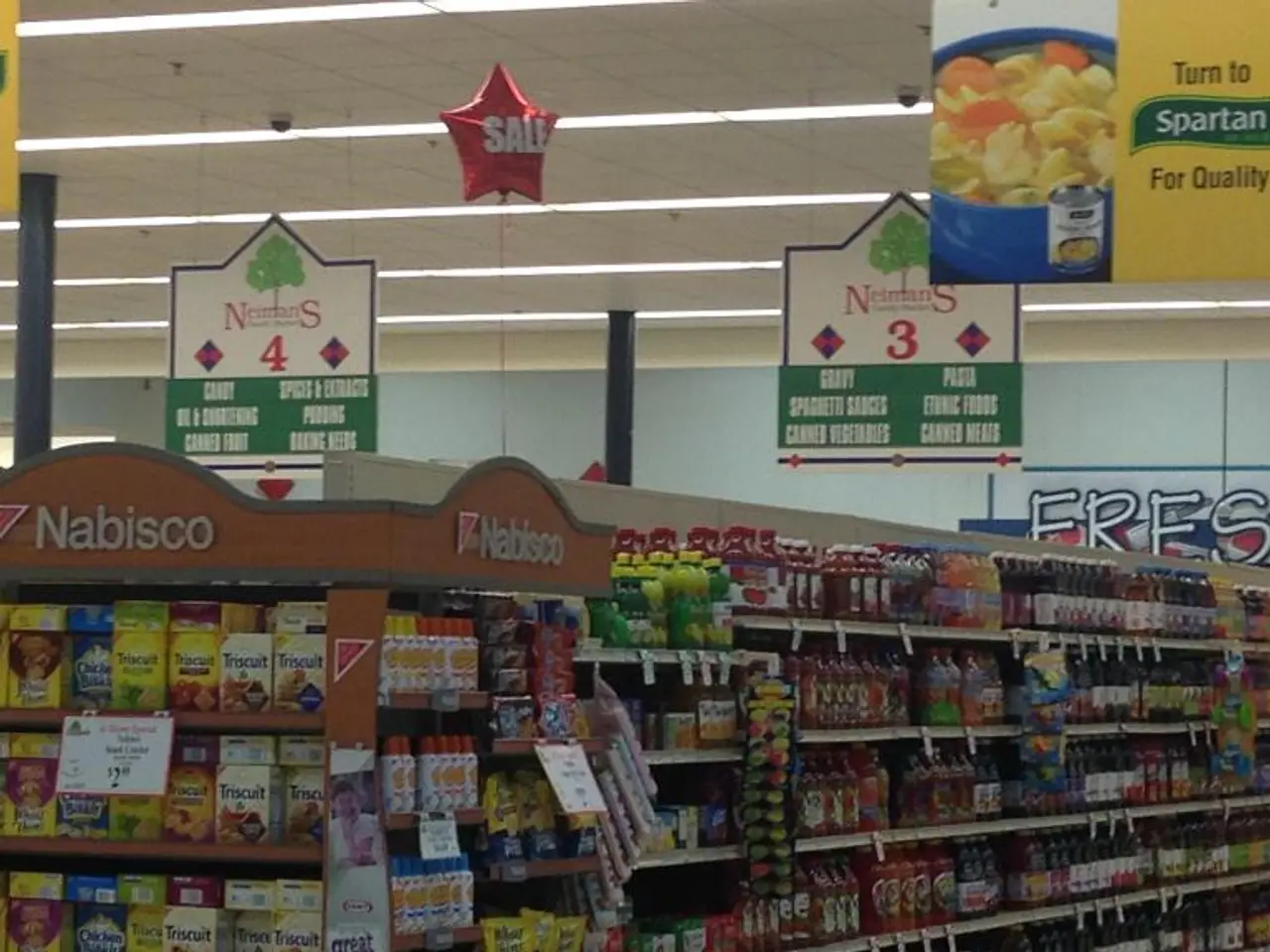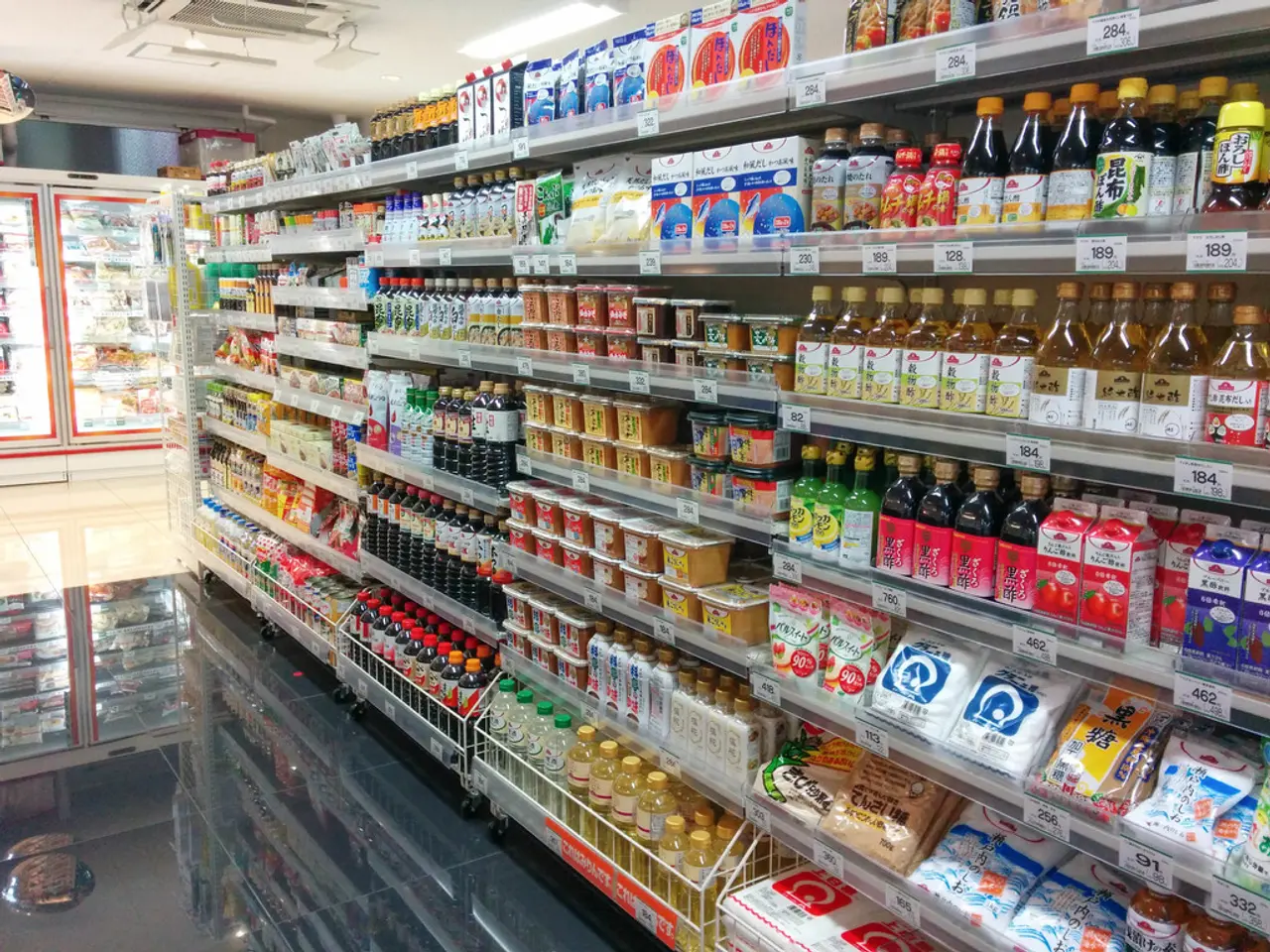Local Payment Orchestration: Shaping the Future of Retail Transactions
In the ever-evolving digital landscape, merchants are facing a significant challenge: catering to a diverse array of customers across the globe. A solution to this conundrum is the adoption of Payment Orchestration Platforms, which are revolutionising the way businesses manage their payments.
Global web traffic has seen a staggering 27% Year-over-Year (YoY) increase, and this trend shows no signs of slowing down. With more consumers shopping online than ever before, the demand for seamless, frictionless payment experiences is higher than ever. This is where Payment Orchestration comes into play.
Payment Orchestration Platforms simplify backend operations for merchants, saving time and resources. By intelligently routing transactions among multiple payment providers, these systems optimise payment flows, reduce failed transactions, lower processing fees, and enhance authorisation rates. Customers can pay how they want, in the currency of their choice, regardless of location.
Going local is crucial for merchants to offer a truly seamless global payments experience. Partnering with local acquirers and Payment Service Providers (PSPs) can allow merchants to offer preferred currencies and payment methods, and utilise the experience of domestic partners to enhance their payments journey.
Building an in-house payments ecosystem with various PSPs can protect merchants from payment rejection and offer some control over transaction costs. However, it is time-consuming and can cause delays. On the other hand, working with an international PSP for all acquiring needs may result in high costs and limited payment methods.
Embracing a robust local strategy through payment orchestration is not just about offering a better payment experience, but also about protecting conversions and building long-lasting relationships with consumers in new markets.
Interoperability of payment systems is another key element. By connecting to or leveraging interoperable, standardised payment networks and digital wallets that work seamlessly across borders and currencies, merchants can improve transaction speed, reduce costs, and enhance user trust. Examples include regional initiatives like ASEAN’s interoperable real-time payment project, the EU’s Wero digital wallet and TARGET Instant Payment Settlement (TIPS) system, and emerging interoperable infrastructures in Latin America and Africa.
Collaboration with governmental, regulatory, and industry stakeholders is also essential. By aligning with next-generation payment technologies and compliance frameworks, merchants can ensure their payments ecosystems remain compliant and secure.
In summary, by combining payment orchestration for smart routing with participation in interoperable regional and global payment ecosystems, merchants gain a flexible, scalable platform that delivers frictionless, cost-effective, and reliable payment experiences across international markets while minimising failed transactions and operational complexity. With Payment Orchestration Platforms, merchants can efficiently roll-out in new markets, offering a more efficient and cost-effective solution for managing complex payment needs in new markets.
- In an effort to cater to the growing number of online shoppers worldwide, merchants are exploring the adoption of Payment Orchestration Platforms, as they offer a solution that simplifies backend operations and optimizes payment flows, thereby enhancing authorization rates and reducing failed transactions.
- To effectivelyManager complex payment needs in new markets, merchants are increasingly collaborating with local acquirers and payment service providers (PSPs), as this partnership allows them to offer preferred currencies and payment methods, potentially improving conversions and building long-lasting relationships with consumers in new markets.




